Cut Chemist Discusses Jurassic Five Reunion, New DJ Tricks
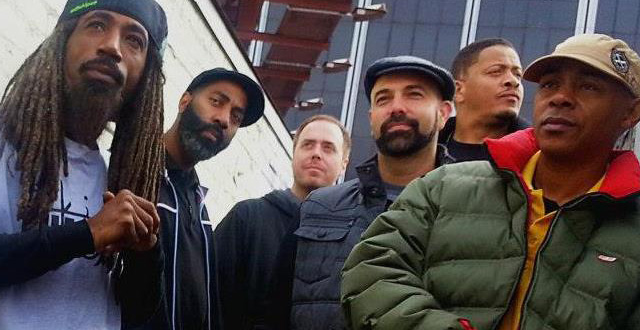
Six-member Los Angeles hip-hop collective Jurassic 5 has a string of summer shows as part of their “Word Of Mouth Reunion Tour,” stopping at Berkeley’s Greek Theatre on Friday July 11.
Rooted in the 1990s alternative hip-hop movement centered around the open-mic scene in the heart of South Central’s old jazz district, Jurassic 5 is the most successful group to emerge from that domain. Following a brief breakup, the group triumphantly returned at Coachella last year and is currently on a 20-city U.S. tour performing with DJ Shadow and hip-hop heavyweight groups Blackalicious, Lyrics Born and Dilated Peoples. We spoke with group turntablist Lucas MacFadden, aka Cut Chemist, to ask about his first big break, the Jurassic 5 reunion and his current inspirations.
You started to DJ at age 11 and met Chali 2na at school when you were 14. When would you say was your first big break?
It could be several things. Given the opportunity to DJ a school lunch dance—not even given the opportunity, more like forced to go up there. “Show everybody you can scratch!” Maybe if it wasn’t for that moment, I wouldn’t have felt so inclined to be a performer. So that was a big break.
After that, it was probably—gosh, I don’t know. Anytime I’m given the opportunity to do a show? Probably when I jumped from doing parties for people to dance to and transferred to expressing myself. That is always a hard thing to do as a DJ because DJs are usually hired to keep the party going and play what people want to hear.
San Francisco had a lot of opportunities for me. Future Primitive with Shortkut, doing Brainfreeze with Shadow and stuff like that helped pave the way for me to continue to be an artist that can express myself with a turntable.
You have traveled worldwide to perform. What has been your most memorable trip so far this year?
Singapore. It was a J5 show and we were in some kind of Indian section of town and I got into some really exotic cuisine. Indian cuisines I had never heard of before.
I eat Indian food, but this was almost Ethiopian. It is those little cultural experiences that help me stay in tune with exotic music and exotic cultures and how to maybe present those types of cultures musically to an audience.
In 2007 you opened for Shakira and got booed by 15,000 of her fans. What exactly happened and do you consider that a humbling experience or one you’d prefer to forget?
I consider that a big break! I was hired to be her opener. Just her and I in these 15,000 to 30,000 seat hockey arenas all over Europe for three months, and I’ve never DJ’d for a crowd like that. I’ve maybe played with Jurassic 5 in front of a crowd that size, but I’ve never had to entertain for that many people on my own.
I was trying to figure out how to entertain these people. I was doing things I’d normally do for a crowd 2,500 or 1,000 fans. These people didn’t know who I was, they just wanted to see Shakira, so I got booed.
I tried to figure out a formula for how to translate what I do without compromising how I want to express. I call it a big break because it taught me to translate what I do for an audience that doesn’t want to hear it. Entertaining people that aren’t ready to be entertained by me, which is a huge challenge for any artist.
You can either choose to walk away or you can face it. I chose to face it and it was a big deal, a huge learning experience and huge growth spurt.
What’s the story behind the picture of you and DJ Numark in San Francisco crashing an all-girl club with painted nails and wearing wigs?
That was a throwback Thursday. From 1997 or ’98. It was a club called Sister and C-Trip was there too but he’s not in the frame. There was a Future Primitive happening and we were all in town. We decided to crash an all-girl club and do up our nails and stuff. It was fun.
Can you explain the meaning of your quote: “Hip Hop is not a specific type of music, it’s how it’s presented?”
Well its pretty much the Bambaataa epoch, which is playing all types of music—rock, African, soul, American R&B, blues, new wave, electro, EDM, it doesn’t really matter. You can play all those things but it’s a context you have to present them in, the way that you present them. Stick to hip hop culture.
The godfather of African hip-hop, Bambaataa played everything from Cher to Gary Numan to rap. He’s the godfather of hip-hop because he took all those types of music and presented them in a different fashion or context. He built a culture around that, all these different types of music. I just try to do the same thing.
You are known for being experimental. What influences your production technique and stage show?
A lot of my experimentation probably in my performance history was really honed in with Ozomatli. It was being in a stage setting with real musicians who play instruments, and not just play instruments, but play them well, and percussion and all those things. Thinking of myself as a musician in that context changed the way I performed and the way I DJ.
I think a lot of my experimentation is furthering along the idea of the turntable as an instrument. How can I re-contextualize the turntable now and again to play like an instrument? It’s not just something that plays something that has instruments on it, it actually is its own instrument.
With studio stuff it’s different. Obviously I’m not performing, but I’m putting sounds together the same way I do when I DJ. I try to combine different combinations that I haven’t heard yet—or I try to anyway.
Has the evolution of the DJ with technology led to a better or worse profession?
When technology opens its door to everyone, obviously you’re going to get everyone jumping on board, which will have negative impact on the art form. It opens the door to people who shouldn’t be doing it.
I can make that same argument about break-dancing. When break-dancing became a fad, that’s when I jumped into hip-hop. Because it opens a door isn’t a bad thing. You never know. Ultimately, it is a good thing when it opened the door on a popular scale.
Because DJ-ing is open to everyone with a laptop, you might get somebody that wouldn’t otherwise be introduced to it to jump in and decide to start DJ-ing, discover some hidden talent and he might change everything. You just never know. I know tons of DJs that started in the Serato era that are amazing. They probably wouldn’t be DJ-ing if that weren’t a thing.
What is currently inspiring you in music?
My friends always inspire me. My friend Hymnal, who’s an MC. Shadow is constantly inspiring. Q-Bert. The fact that these people are at the level that they’ve always been doing it, which is 100 percent amazing.
You were an early adopter of multimedia DJ sets with video. What are you working on now?
I am. I just started up a new set that involves cassette decks along with one turntable, a bunch of loop pedals, a maestro tape delay, and DVD videos I’ve made for this project. It’s all tied to this compilation album “Funk Off.” It’s cassette culture or French new wave from the early to mid-eighties. I’ve done kind of a hip hop hybrid of some of that material.
The show that I’m doing now, I call it the mixed media show because it encompasses everything from cassette, vinyl, DVD and effects. Its not like I’m doing Serato. I’m leaving a laptop behind on this one. I have light visuals, as well. The subject matter is kind of an industrial, dark, 80s kind of feel.
The J5 show in Berkeley is the latest in a series of shows starting with Coachella last year. How did the reunion come about?
It was timing. That’s what it all boiled down to. Everybody was kind of talking about a reunion. Under what context would it feel right? Well, it would be cool we could do it at Coachella. That would be the right place to do it.
Miraculously, a couple months later, the person handling our estate hits us up and says Coachella came in with an offer. Everybody agreed that was the context in which a reunion should happen. We got in the studio and everything just clicked. So, we did it and we went ahead.
How is Jurassic 5 of today different than the Jurassic 5 of 2007?
As a group, it’s exactly the same. We do amazing performances. That’s a weird thing to hear me say but I mean from a fan of Jurassic 5, not as a member, it’s so much fun to play these shows again. I remember it was fun then. Regardless of whatever internal politics that happen with any group, not specifically J5, whenever we did a show, we put that on hold and we still had fun.
To get in the room for the first time last year and start going over songs, immediately, we knew. It was like soulmates getting together for the first time in nine years. It was just so easy and quick.
Each show has been absolutely incredible for that reason. We have that energy among us and between us as a group and the audience has been responding to that.
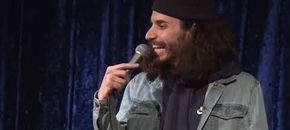
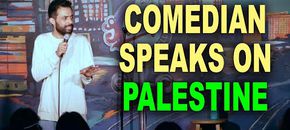
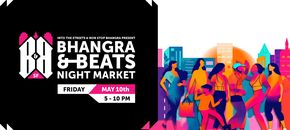

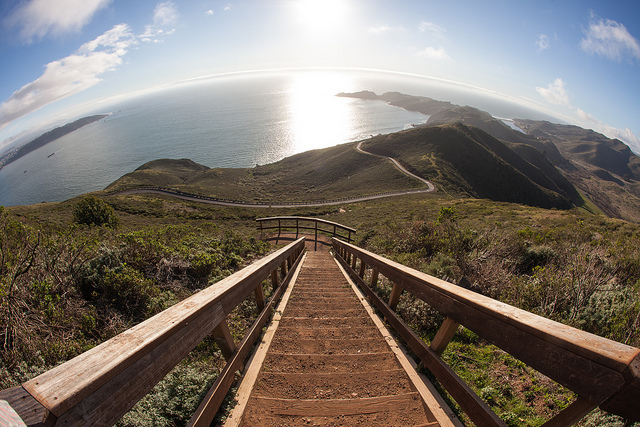
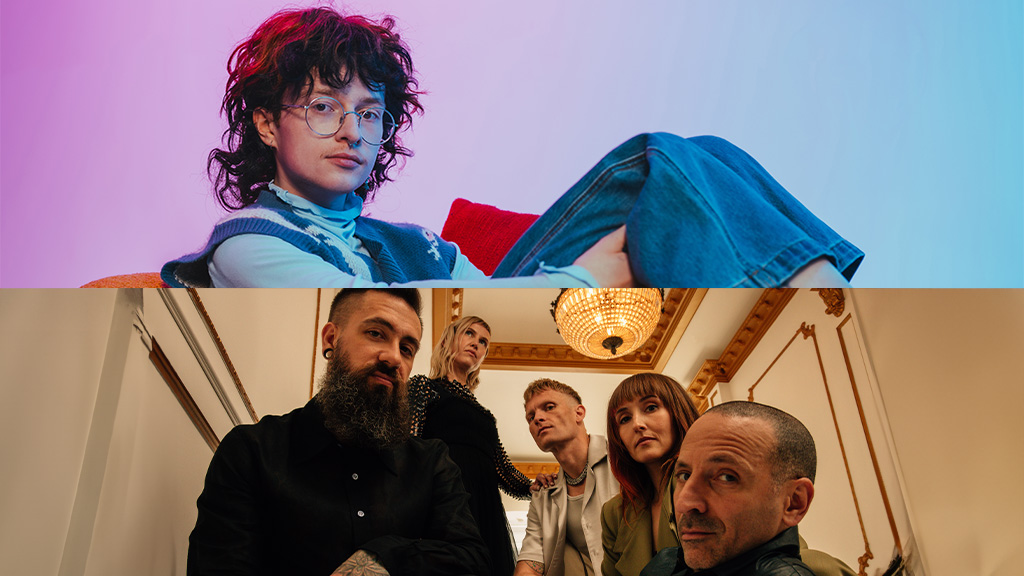
Awesome interview. Great to hear from Cut Chemist, one of my early inspirations. The show’s going to be killer!